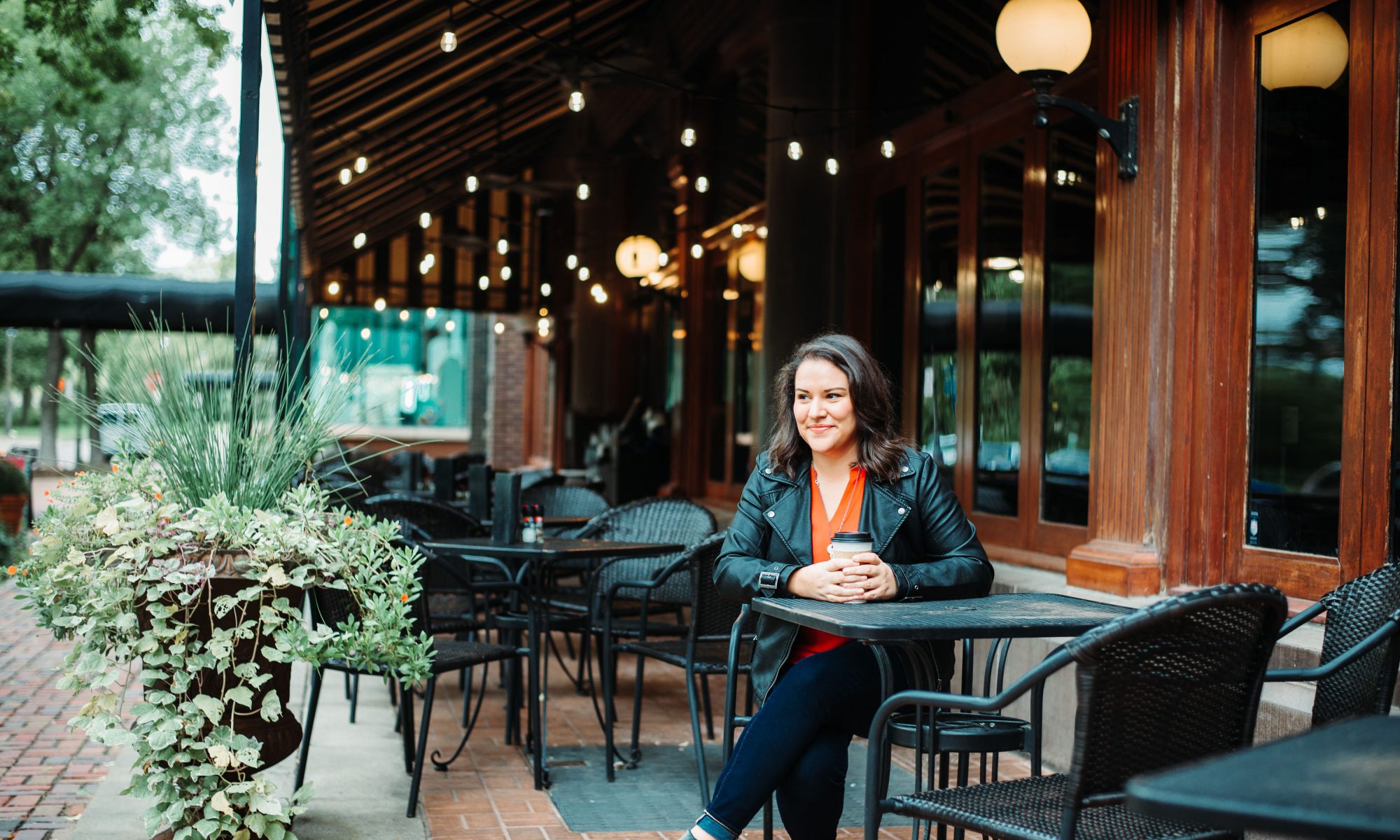I recently listened to a lecture that was dated two years ago at RTS given by Dr. Harold O.J. Brown to his Pastoral and Social Ethics class entitled Racial Prejudice. You can find this lecture on iTunes U if you wish to listen to it in correspondence with this post. I will try my best to summarize the points I’m making in this points.
Before I begin, allow me put a few things out there, because I come at this lecture with a bias, many biases for that matter. I am bi-racial. My mom is Caucasian and my dad was a third generation Mexican American. The majority of my formative years were spent in a predominately white town where the only person of color I knew was my dad. Since then I’ve come to term with what it means to be bi-racial if only because of the force of others pointing out that I did not belong. My background with racial prejudice comes from the idea that I am the other, to everyone.
Enter in Dr. Brown’s lecture. There were a few points in Dr. Brown’s lecture that I resonated with, but predominately there were points that made me shake my head, a couple of times checking the date of the lecture in disbelief.
Dr. Brown rightly denounced the practice of Scientific Racism (think Nazi Germany or The Bell Curve), pointing out that it is unbiblical to believe that some races are superior to others. He did this on the premise that we are all created in God’s image, and if that is true than all races must be made equal for we are all made in the image of God. This biblical principle was the foundation of most of his lecture, which I resonate with. Biblically speaking, racism shouldn’t exist because it has no roots in the Word.
This is where Dr. Brown and I start down differing paths within the racial discussion in the Church and in America. Instead of going point by point through the lecture, there were two main arguments that I want to flush out a little here.
Dr. Brown states that Christians have a fairly good record in racism, the evidence being in the fact that we strive to convert everyone. He goes on to say that as Christians we should feel good about how we have handled racism, in comparison to the rest of the world that is. He goes on to say that we could do better by God’s standards but that we should be proud that we are at least better than the rest of the world.
Secondly, Dr. Brown closes his lecture with the statement that Christians are not biblically required to take part in civil action. He shows scripture to be about the people, the families and individuals and that we should leave the civil action to the government.
This is where I whole heartedly disagree with Dr. Brown. I’ve heard it quoted that the Church is the most segregated institution within the US. Sunday mornings come and we flood to churches with people that look like us, act like us, have similar histories as we do. This may not be outright racism, but it is definitely a marker of a racist environment that we were raised in.
Racism is a big issue to tackle. It is a multi-faceted issue. It takes place on a personal level, a structural level, an institutional level and so many other levels. The closer we look at our own trends and biases, the more we see the ugly face of racism. In our schools, our government, our churches and- heaven forbid- our families.
All this to say, how can we as Christians not take civil action seriously? How can we sit aside and allow institutional racism continue to oppress people? People who were created in the image of God just like each of us were?
For us to stay silent is for us to go against the very nature of why Jesus came to the earth (Luke 4). We are called to care for the orphan, the widow, the poor and more times than not that care looks like trying to break the cycles that made them orphans and widows…
Thoughts?

Pastor / Teacher / Speaker / Spiritual Guide